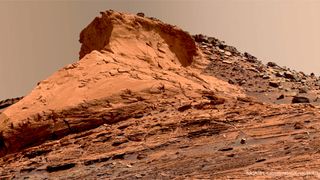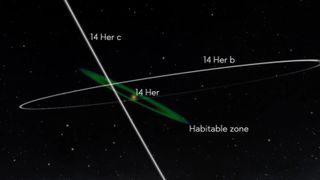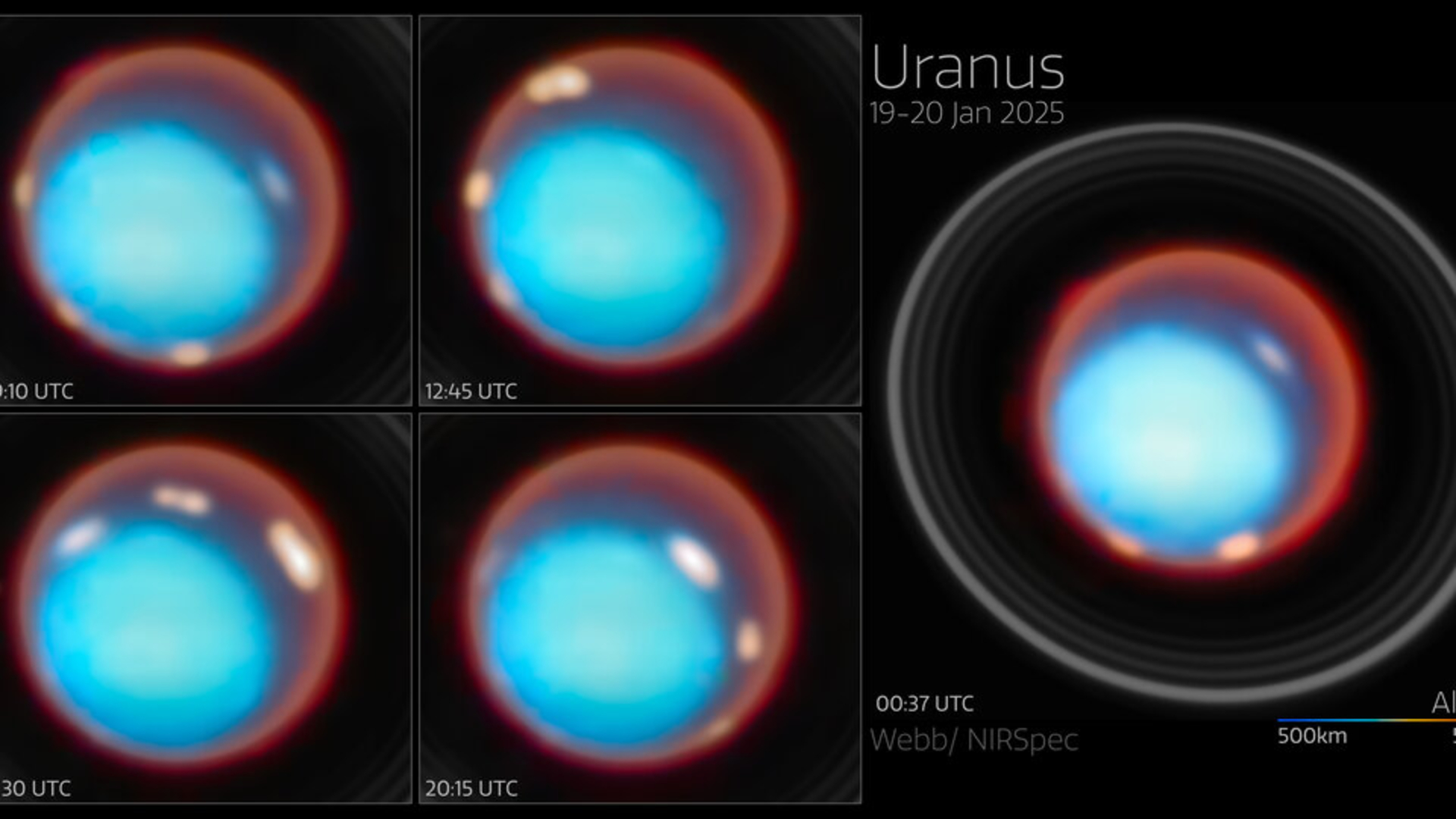Planet news, features and articles
Latest about Planets
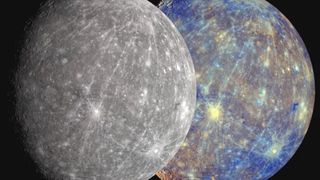
Mercury's 'missing' meteorites may have finally been found on Earth
By Ben Rider-Stokes published
Meteorites may be the only practical way to study Mercury's surface directly.
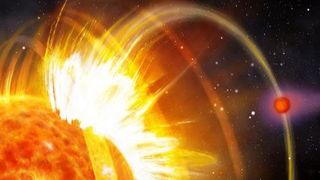
'A completely new phenomenon': Astronomers spot a planet causing its star to constantly explode
By Ben Turner published
Astronomers have spotted an alien planet orbiting so closely to its home star, the planet's magnetic field is triggering massive solar flares to erupt. This is the first time a planet has been seen influencing its host star.
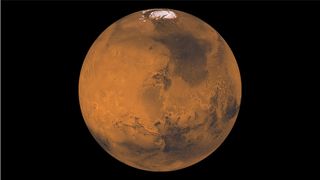
Does Mars have a moon?
By Marilyn Perkins published
Mars is smaller than Earth, but does it have any moons?
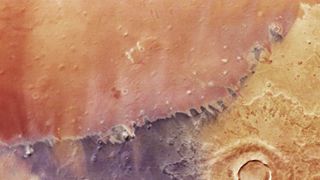
Why does Mars look purple, yellow and orange in ESA's stunning new satellite image?
By Perri Thaler published
Surprising colors and stunning features are captured in a new image of Mars' surface.
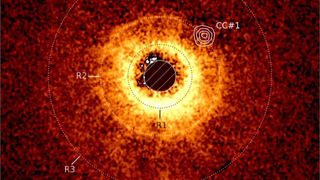
James Webb telescope discovers its first planet — a Saturn-size 'shepherd' still glowing red hot from its formation
By Ben Turner published
Nestled inside a planetary ring 110 light-years from Earth, a planet spotted by the James Webb telescope is the lightest exoplanet ever detected.
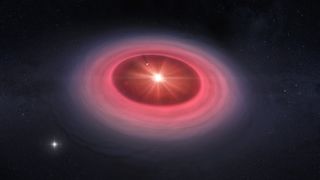
Alcohol-soaked star system could help explain 'why life, including us, was able to form'
By Patrick Pester published
The Atacama Large Millimeter/submillimeter Array has detected methanol isotopes around a nearby star, which could help explain why the ingredients for life are present on Earth.
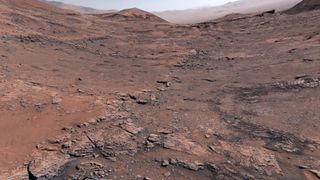
Mars rover captures first close-up photos of giant 'spiderwebs' on the Red Planet
By Harry Baker published
NASA's Curiosity rover has snapped its first images of web-like "boxwork" features on the surface of Mars. The zig-zagging rocks could provide clues about the Red Planet's watery past and whether it once harbored extraterrestrial life.
Get the world’s most fascinating discoveries delivered straight to your inbox.
 Live Science Plus
Live Science Plus











